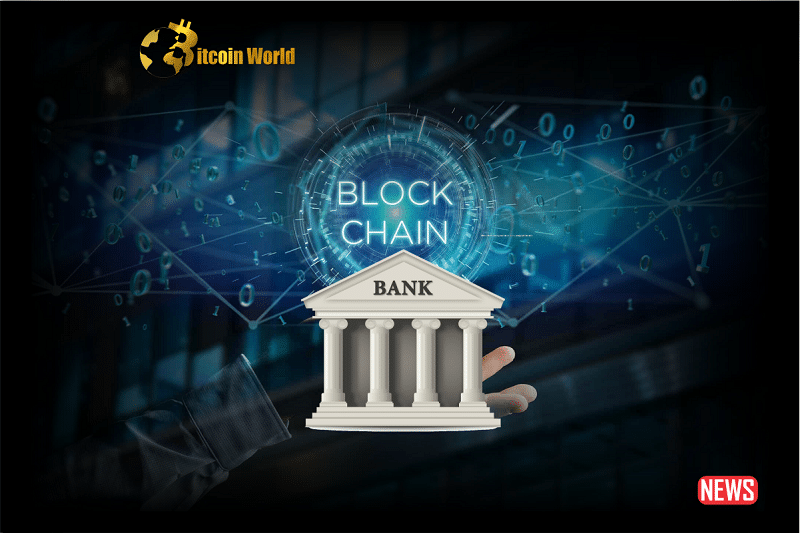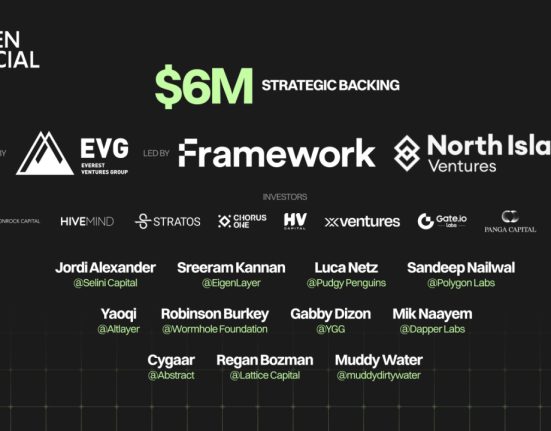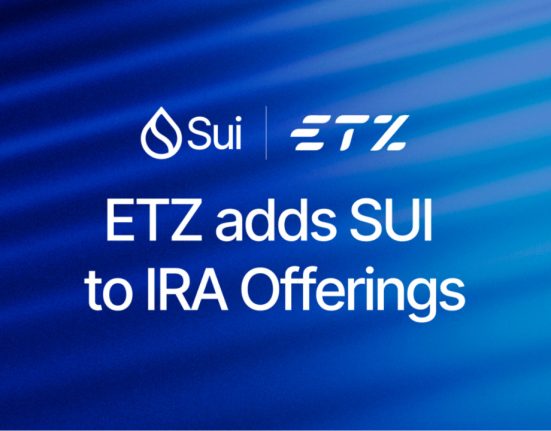In a world of seamless contactless payments and instant money transfers, it’s easy to forget that millions of households remain unbanked. The World Bank’s Global Findex report reveals that while 76% of the global population has access to banking, over one billion people, constituting 24%, are unbanked.
The situation is stark in countries like Nigeria, where only 45% of adults possess an account. Bangladesh and Colombia report figures of 53% and 60%, respectively. In the U.S., although only 4.5% are unbanked, this still translates to nearly 6 million households.
Unbanked individuals face barriers to earning essential services from poverty and lack of access to financial institutions. Blockchain technology is now stepping in to redefine identity verification and financial inclusion.
Advancing Digital Identity Technology
Accenture’s partnership with Microsoft on the ID2020 initiative and IBM’s blockchain-based digital credentials service highlight the push for digital identity technology. Start-ups like Worldcoin are also gaining attention with iris-scanning technology.
Benefits of blockchain-based digital ID management platforms include:
Self-sovereign identity: Users maintain control over their data, minimizing disclosure of personal details.
Control and consent: Users manage data sharing and support without third-party reliance.
Fast verification: Digital signatures and public/private keys enable swift ID verification.
Decentralization: Data spread across nodes ensures resilience against hacking.
Traceability: Immutable records on blockchains reduce fraud risks.
Reduced costs: Cost-effective technologies like Ripple target cross-border payments.
Putting It Together
Companies aim for interoperable blockchain-based digital identities that transcend borders and platforms. With a single compliance check, individuals could access various services and accounts. Yet, challenges persist.
Challenges to Navigate
Market fragmentation and cross-border regulatory compliance remain hurdles for blockchain-based identity management. “Know your customer” (KYC) and anti-money laundering (AML) regulations are complex and country-specific. Some startups offering blockchain identity services have fallen prey to scams.
Emerging market leaders will likely uphold decentralization principles. Nations like the UK certify digital identity check providers, while blockchain AML solutions see growing adoption.
Progress and Promise
Blockchain’s role in digital identity management can enhance financial inclusion, granting the unbanked access to loans and work opportunities. Privacy, speed, and security advantages are paramount. The future holds exciting possibilities, with established players and startups contributing to the evolving landscape.














